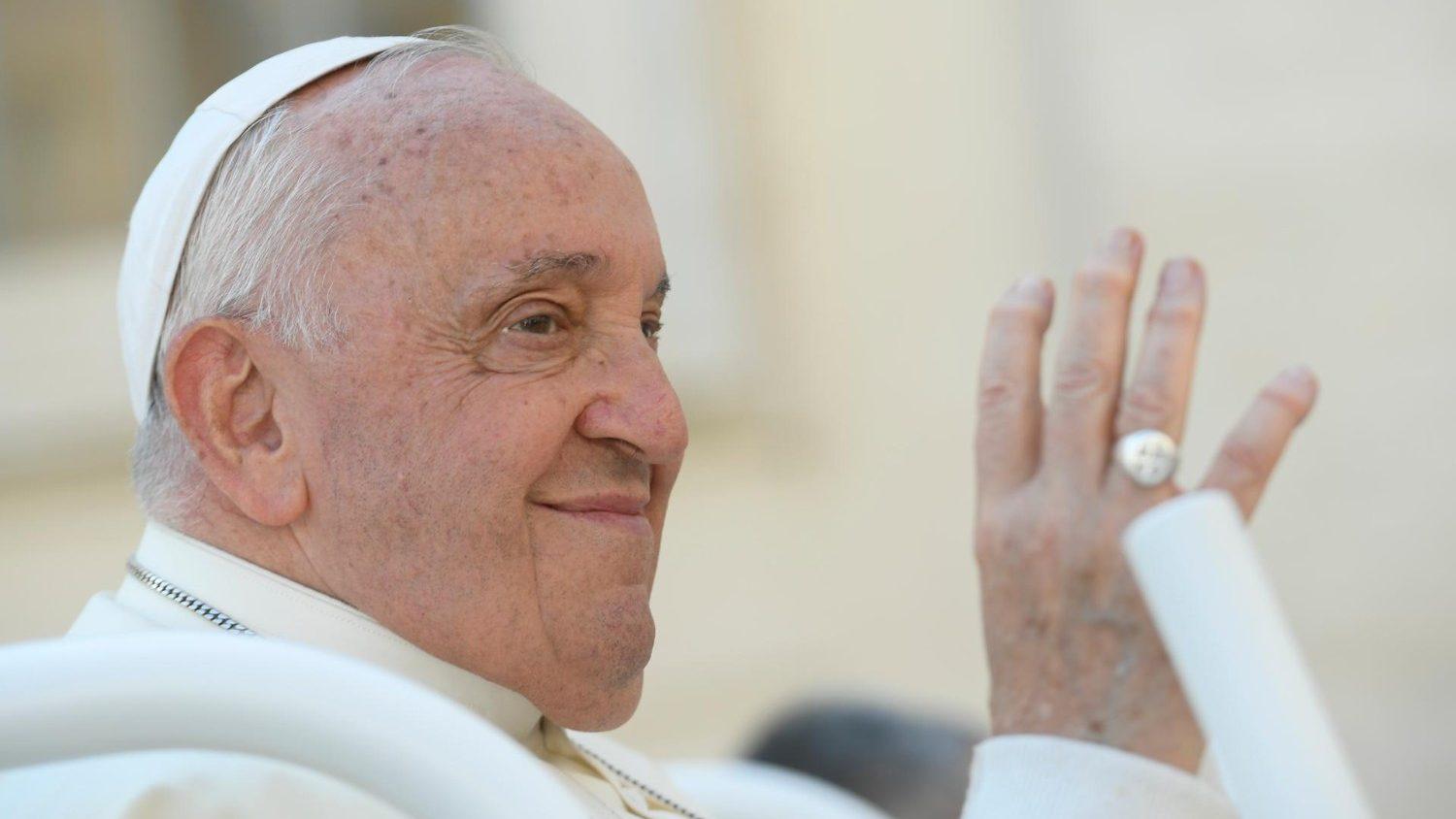In a new book, Pope Francis said he feels “all right” despite his illnesses.
“The reality is, quite simply, that I am old,” he says in “Hope: The Autobiography”, which was co-written with the Italian journalist Carlo Musso.
The book was originally going to be published after his death, but Francis decided to let it go out during the 2025 Jubilee.
In the autobiography, he said using a wheelchair didn’t affect his governance of the Catholic Church.
“The Church is governed using the head and the heart, not the legs,” says the 88-year-old pontiff.
He has been dealing with medical issues, including surgery in 2021 and 2023, and often battles with influenza.
“Each time a pope takes ill, the winds of a conclave always feel as if they are blowing,” Francis states.
The 303-page volume covered a number of issues, including the controversial decision to allow priests to give a blessing to homosexual couples that requested it.
“It is the people who are blessed, not the relationships,” he writes.
“Everyone in the Church is invited [for a blessing], including people who are divorced, including people who are homosexual, including people who are transgender,” Francis adds.
“Homosexuality is not a crime, it is a human fact,” he continues.
He also speaks about the file of problems in the Church given to him by his predecessor, Pope Benedict XVI.
“He gave me a large white box,” Francis writes. “‘Everything is in here’, he told me. ‘Documents relating to the most difficult and painful situations. Cases of abuse, corruption, dark dealings, wrongdoings.’”
The current pope says Benedict then told him: “I have arrived this far, taken these actions, removed these people. Now it’s your turn.”
“I have continued along his path,” Francis writes, adding the Vatican bureaucracy has given “the greatest resistance to change.”
“I have been summoned to a battle,” he says.
In his autobiography, he also defends his work against traditionalist Catholic priests, who has often accused of being “rigid.”
“This rigidity is often accompanied by elegant and costly tailoring, lace, fancy trimmings, rochets. Not a taste for tradition but clerical ostentation,” he writes.
“These ways of dressing up sometimes conceal mental imbalance, emotional deviation, behavioral difficulties, a personal problem that may be exploited,” Francis claims.
Turning to his election in 2013, the pope says he didn’t hear everything that happened.
“When my name was pronounced for the seventy-seventh time, there was a burst of applause, while the reading of the votes went on,” he writes.
“I don’t know exactly how many votes there were in the end, I was no longer listening, the noise covered the voice of the scrutineer,” Francis continues.
He explains the traditional look of a newly elected pope didn’t suit him.
“They were not for me. Two days later they told me I would have to change my trousers, wear white ones. They made me laugh. I don’t want to be an ice cream seller, I said. And I kept my own,” the pope says.
“The red shoes? No, I have orthopedic shoes. I’m rather flat-footed,” Francis writes.
He also speaks about his sense of humor.
“Irony is medicine, not only to elevate and enlighten others but also for oneself, because self-irony is a powerful tool to overcome the temptation of narcissism. Narcissists continually look in the mirror, they get all primped up, they observe themselves over and over again, but the best advice in front of a mirror is always to laugh at oneself. It will do us good,” the pope says.










